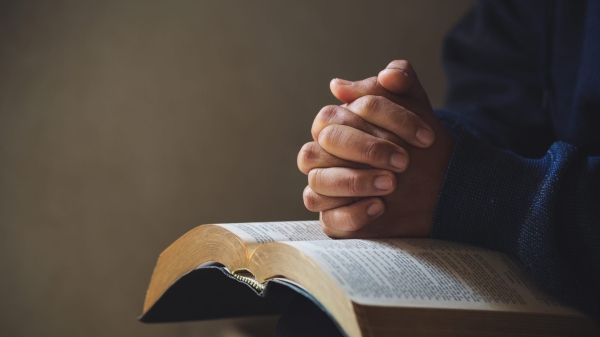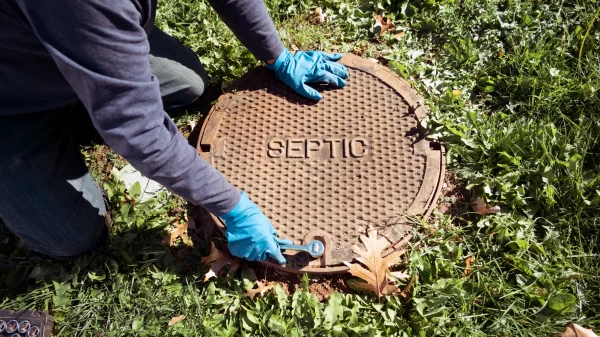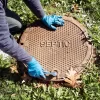Alabama’s first case of the COVID-19 variant omicron has been detected in a person who had no travel history outside of Alabama, the Alabama Department of Public Health announced Friday.
“The person with the Omicron variant is a resident of the West Central Public Health District. The individual developed mild symptoms in early December and sought COVID-19 testing. No travel history was reported outside of Alabama,” ADPH said in a statement.
State Health Officer Dr. Scott Harris said in a statement that health officials know the virus is highly infectious and moves quickly throughout the world.
“Alabamians know what to do to keep each other safe now — get the vaccine, get tested, wear a mask indoors, and get a booster. Together, we can fight this virus and help keep our residents safe,” Harris said.
Alabama is seeing a slight uptick in the number of new COVID cases reported daily to ADPH. Alabama’s seven-day average for new daily COVID cases reported to the Alabama Department of Public Health has increased from the post-summer surge low of 333 on Nov. 29 to 732 on Wednesday.
Alabama remains the third least vaccinated state in the nation, according to the Centers for Disease Control and Prevention, and has the second highest COVID deaths per capita in the country.
Researchers are still working to determine the severity of illness omicron can cause but believe it is more transmisible than the delta variant, which caused a surge in Alabama and across the country over the summer, filling hospitals and causing a spike in deaths.
“We still have more to learn about Omicron, but the most important thing we can do right now is to use the tools we have available to make it as hard as possible for this virus to spread,” Harris said. “In addition to vaccination and boosters, we can slow the spread of this variant and all COVID-19 variants by using the tried-and-true prevention methods of wearing masks, staying home when sick, and getting tested when appropriate.”
ADPH urges the public to get vaccinated and if eligible, get a booster, wear masks indoors in public settings and in crowded outdoor settings, stay six feet from others and get tested if symptoms appear or if exposed to someone who has COVID. The department also recommends staying home if sick.




















































